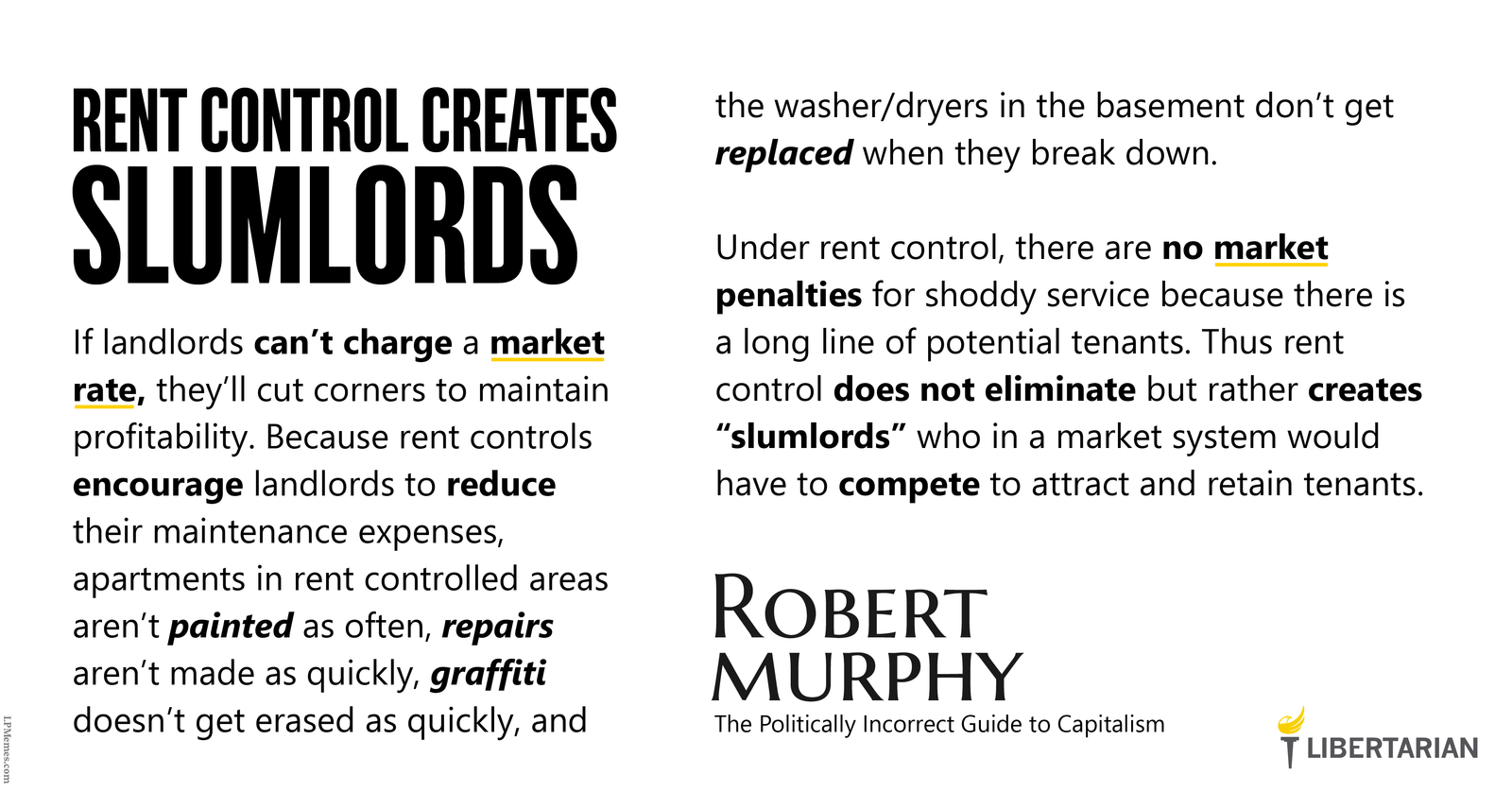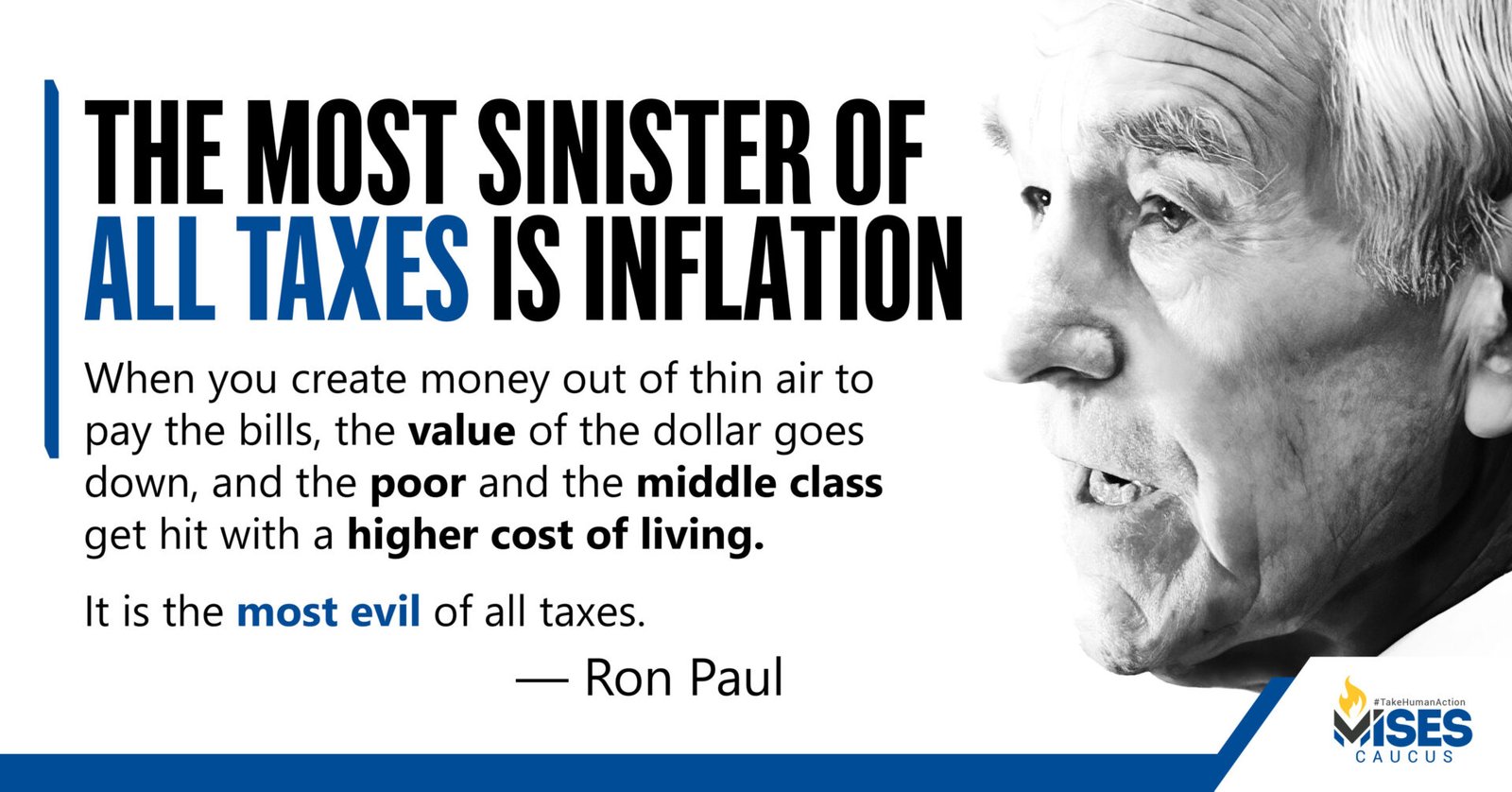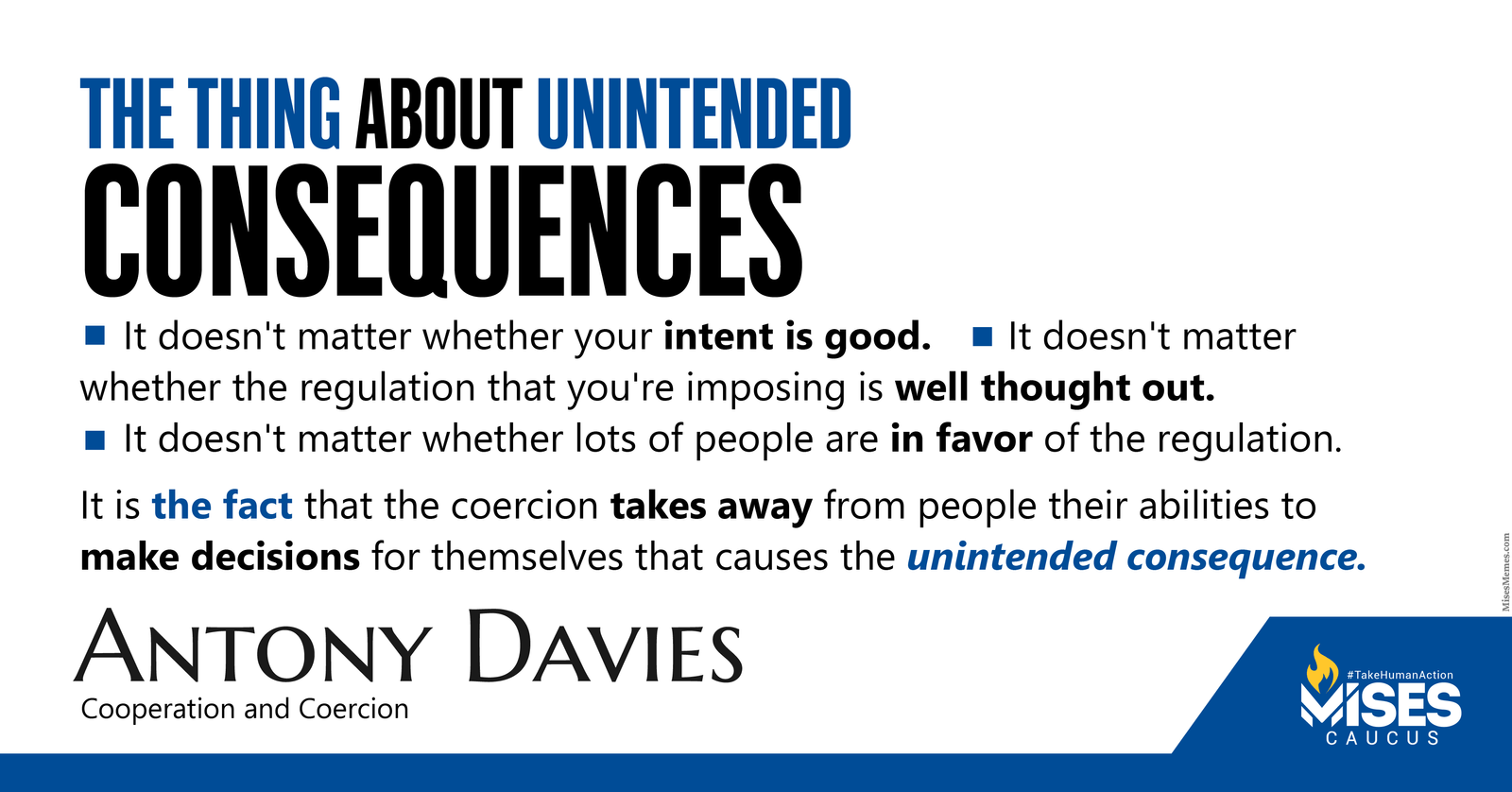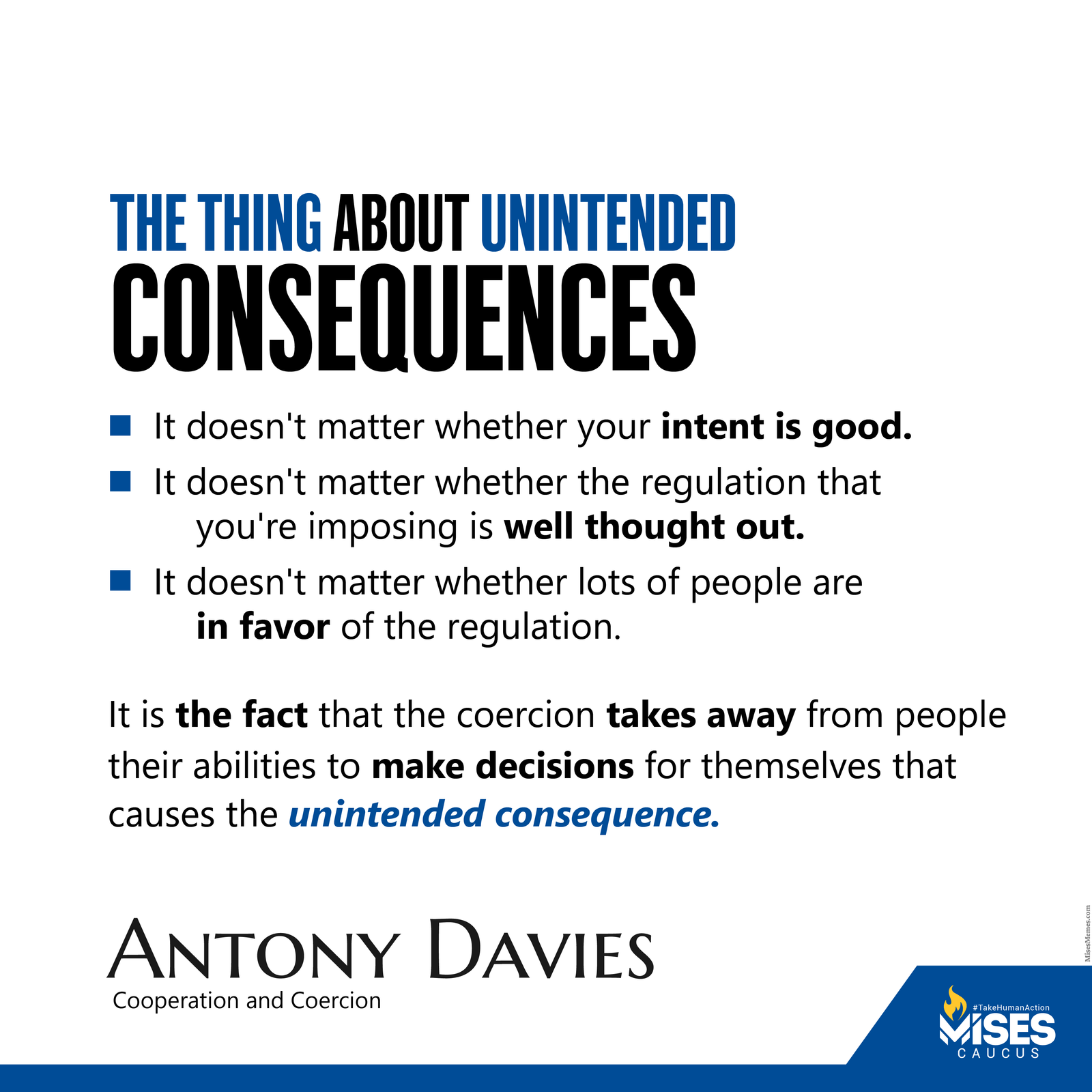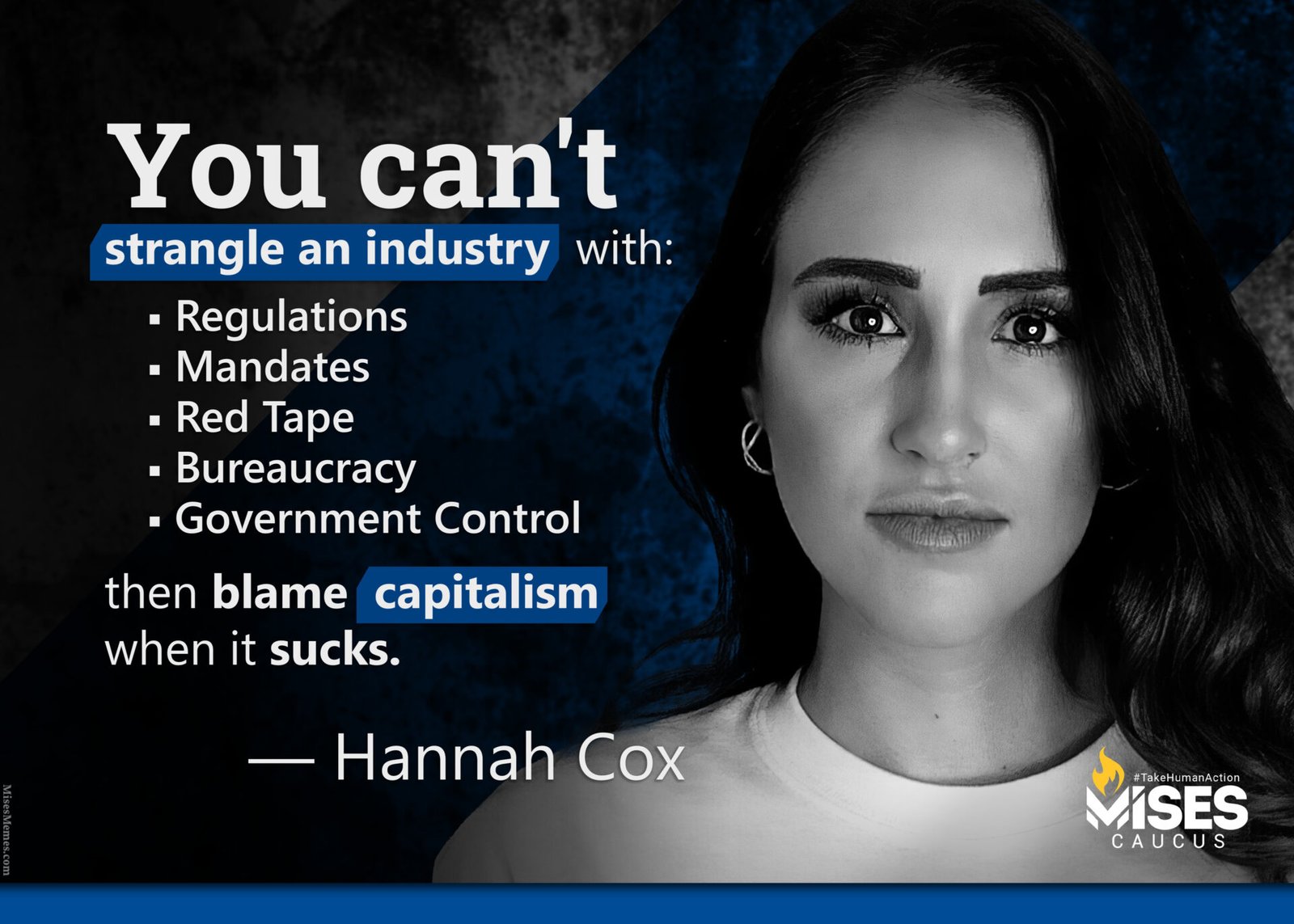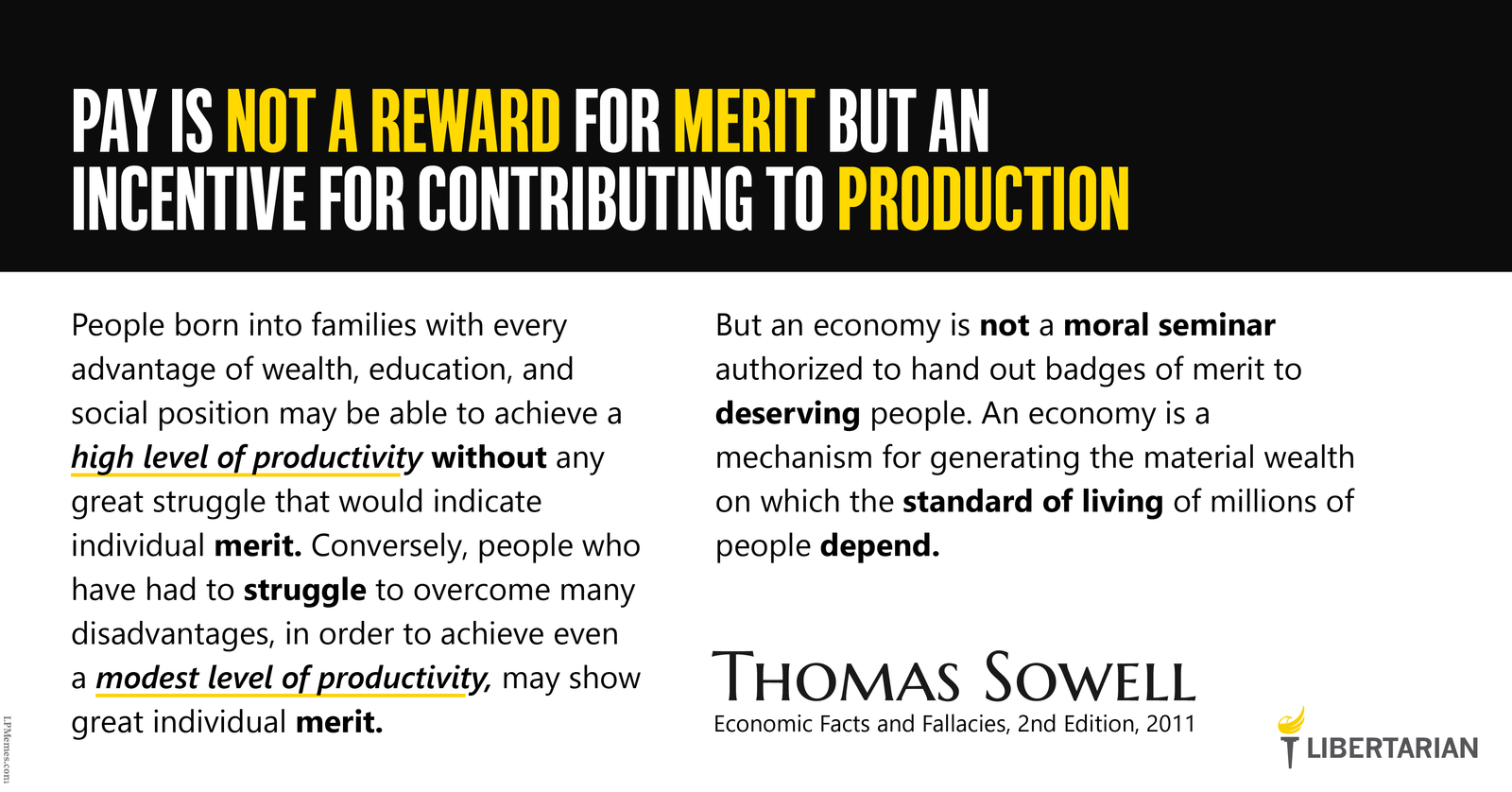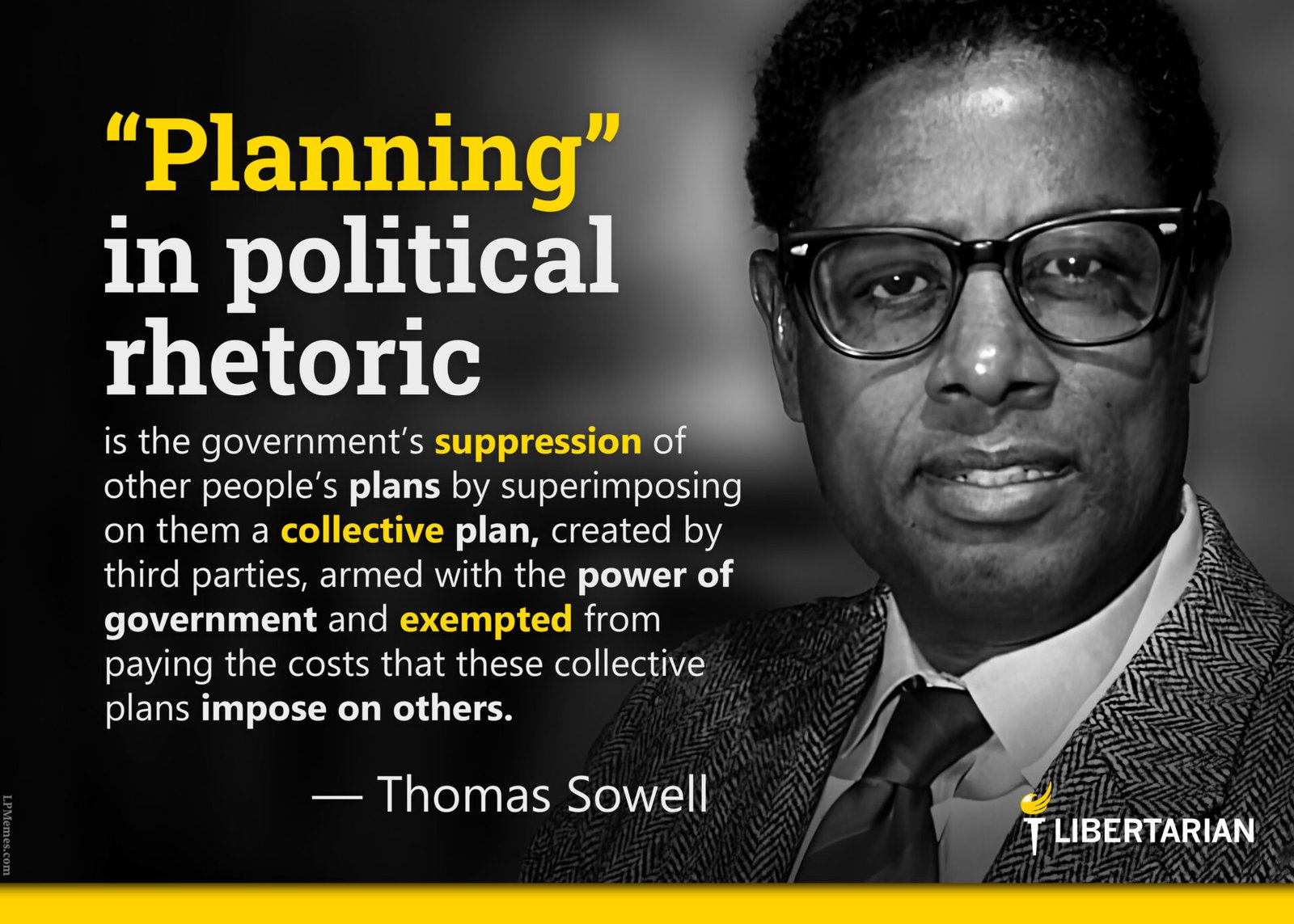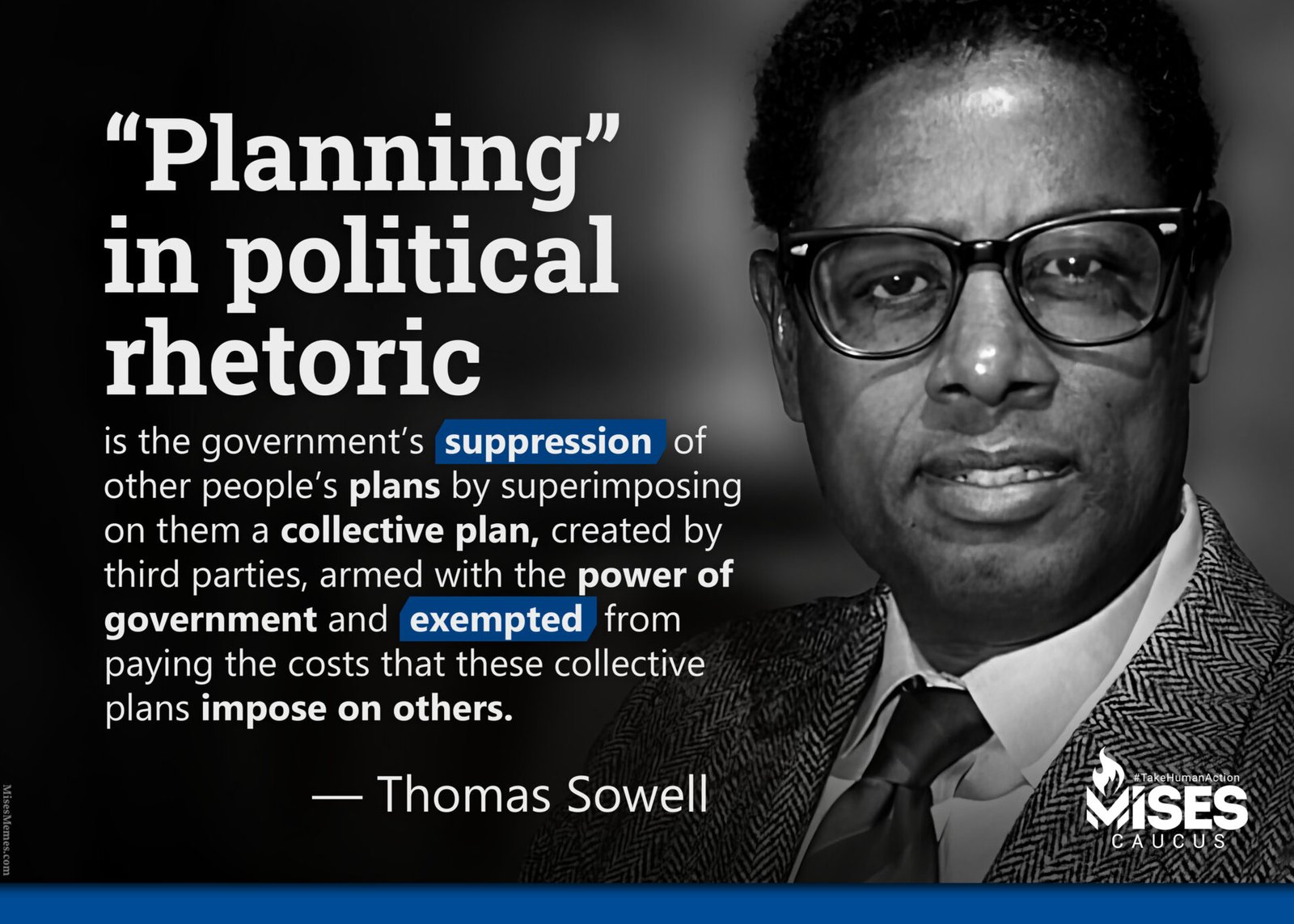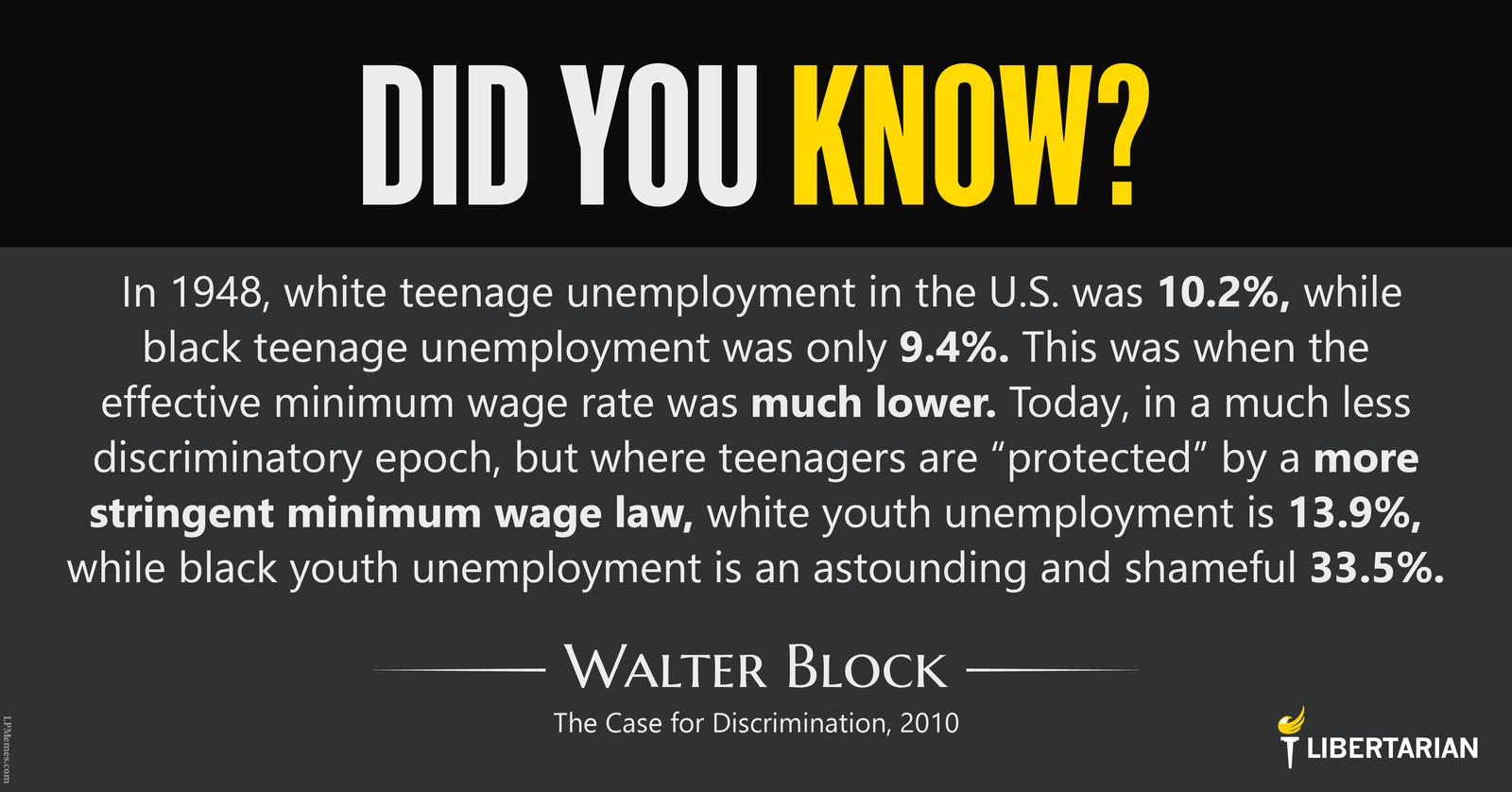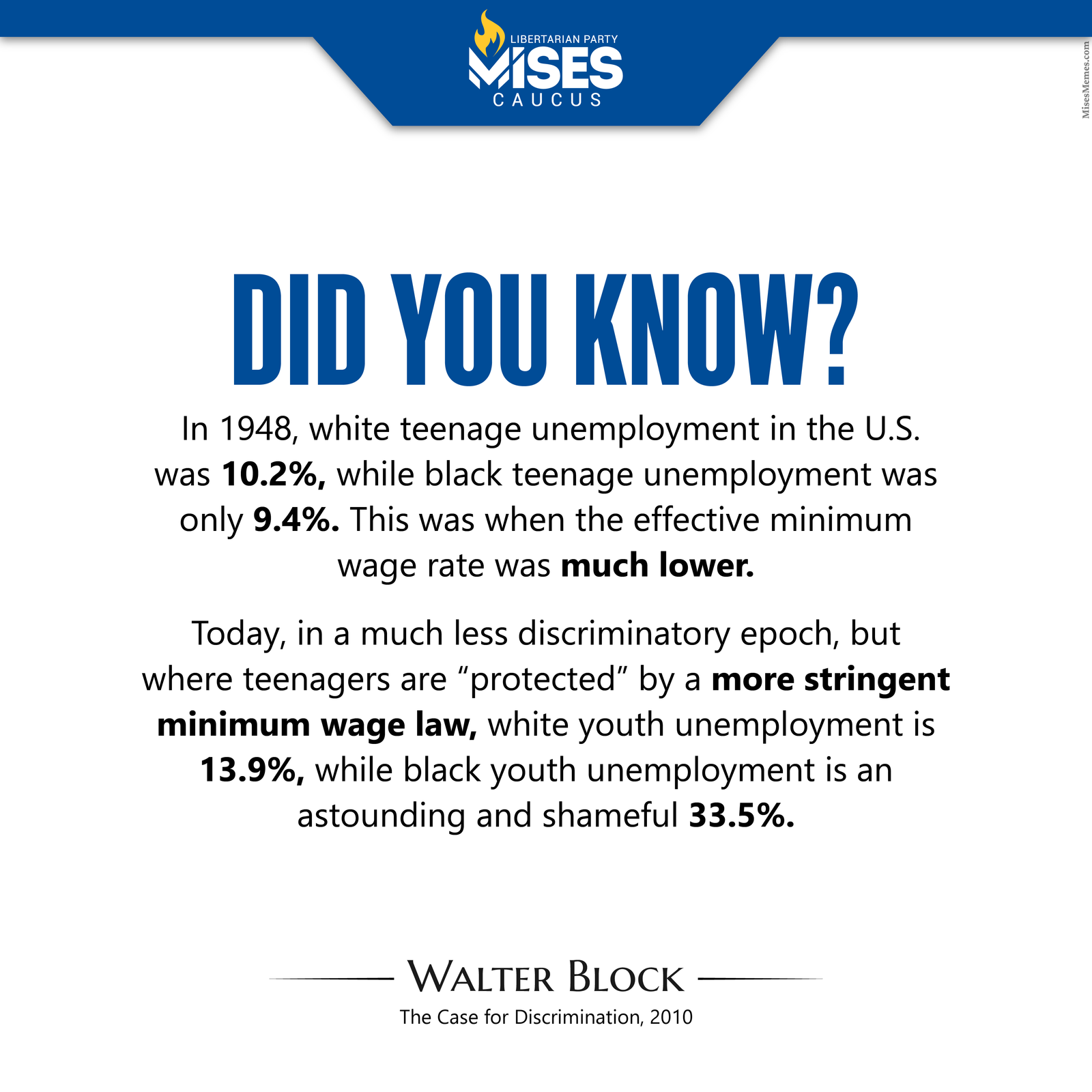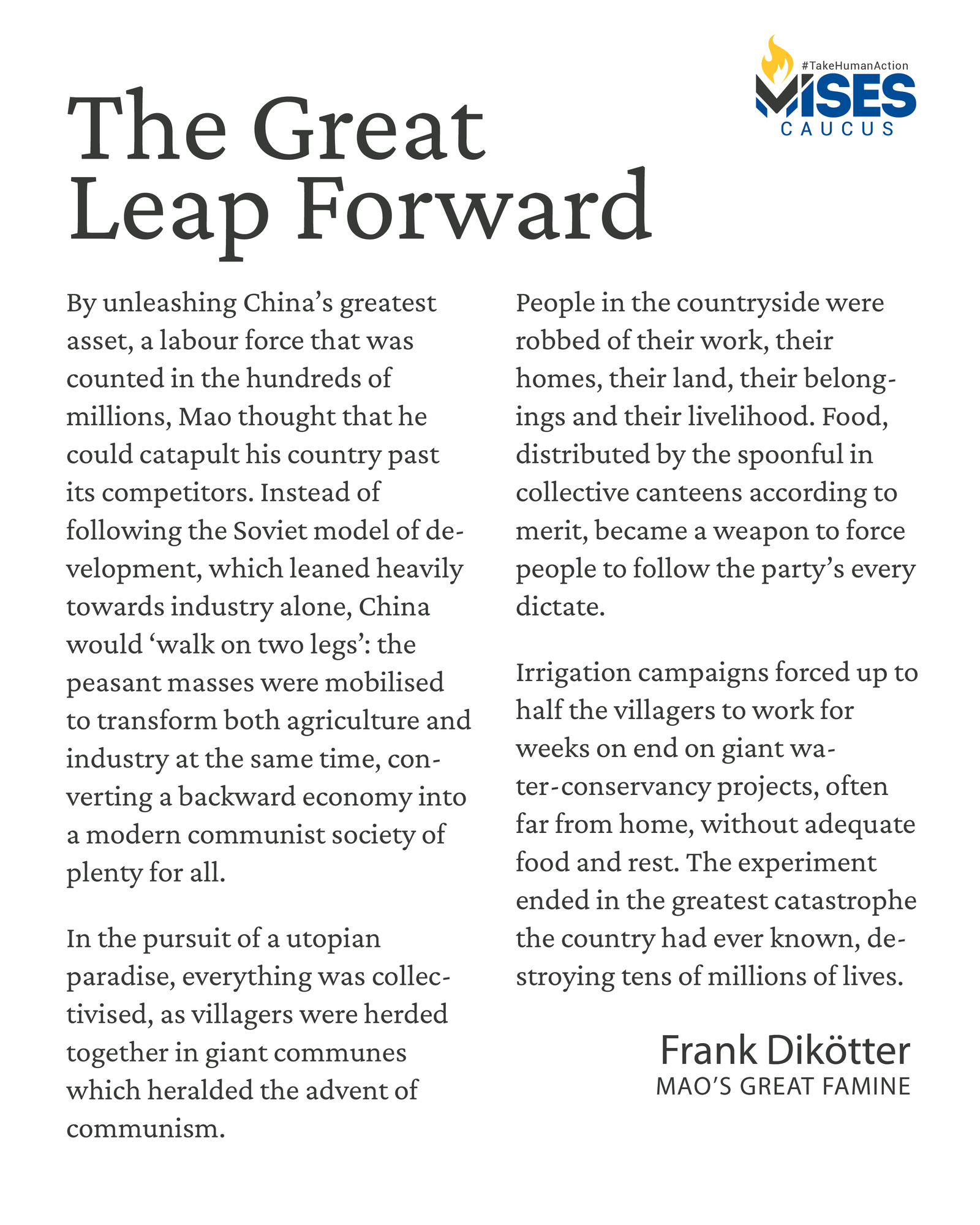If landlords can’t charge a market rate, they’ll cut corners to maintain profitability. Because rent controls encourage landlords to reduce their maintenance expenses, apartments in rent controlled areas aren’t painted as often, repairs aren’t made as quickly, graffiti doesn’t get erased as quickly, and the washer/dryers in the basement don’t get replaced when they break down.
Under rent control, there are no market penalties for shoddy service because there is a long line of potential tenants. Thus rent control does not eliminate but rather creates “slumlords” who in a market system would have to compete to attract and retain tenants.
—Robert P. Murphy

